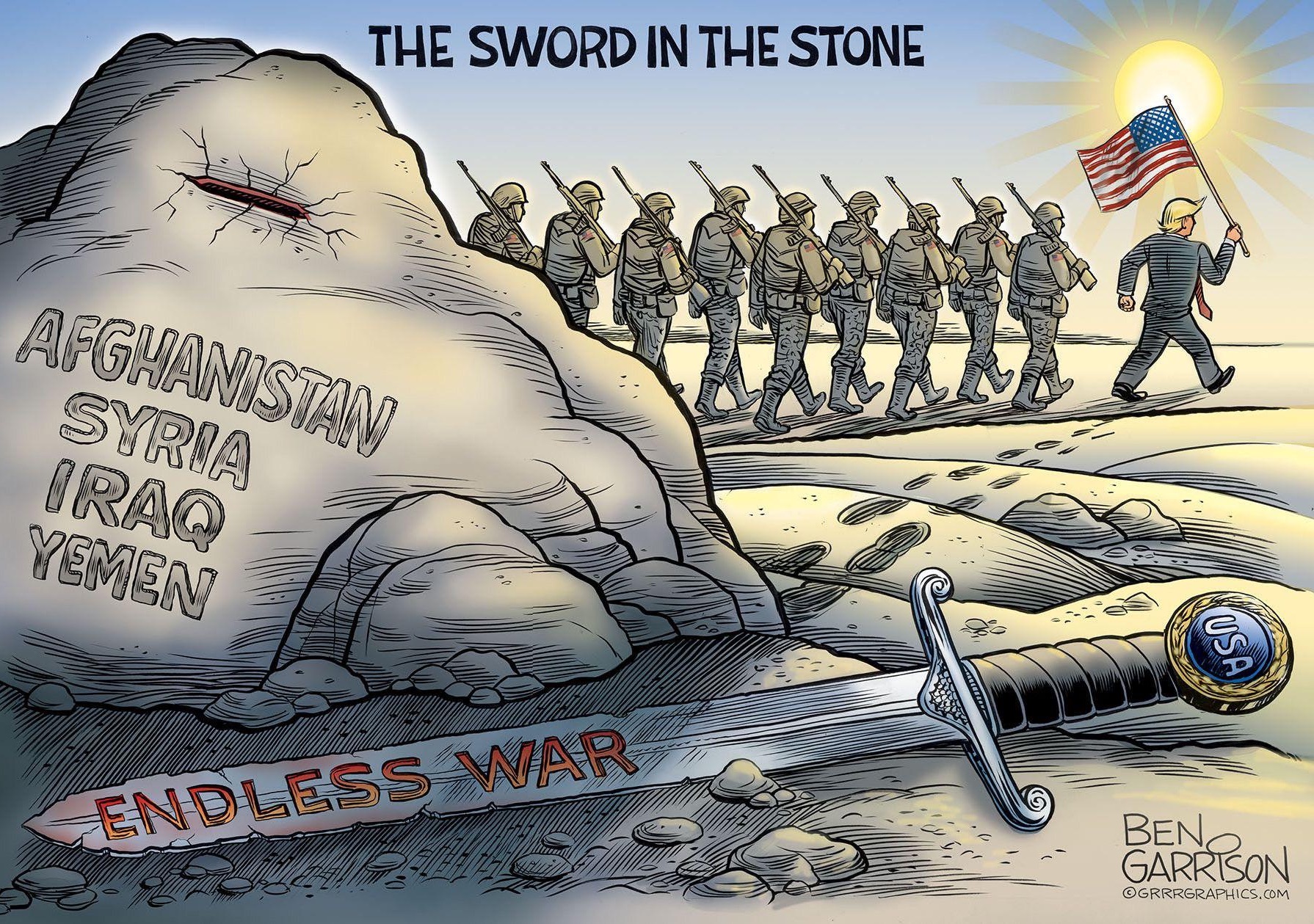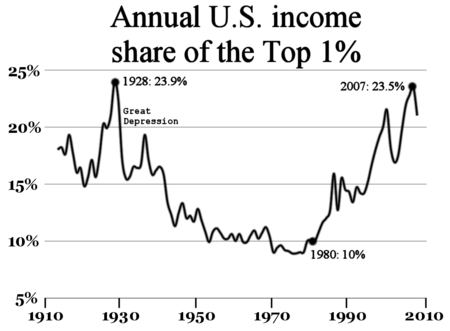bripat9643
Diamond Member
- Apr 1, 2011
- 170,167
- 47,313
It makes food more expensive when you include the cost of the subsidies.The US government subsidized US agriculture, making food less expensive for all of us.
In Sweden, the government subsidized Volvo, so then they never have to lay off people during slow sales periods.
I'm not sure that's true. Can you prove the Swedish government subsidizes Volve?
It has never worked.With a good democratic republic, then government should be much more honest, open, and reliable than private enterprise.
Name an industry where government produces better services and products than private enterprise.The only times private enterprise has some advantages are when you have people like Elon Musk, who is innovative, and faster than a bureacracy.




